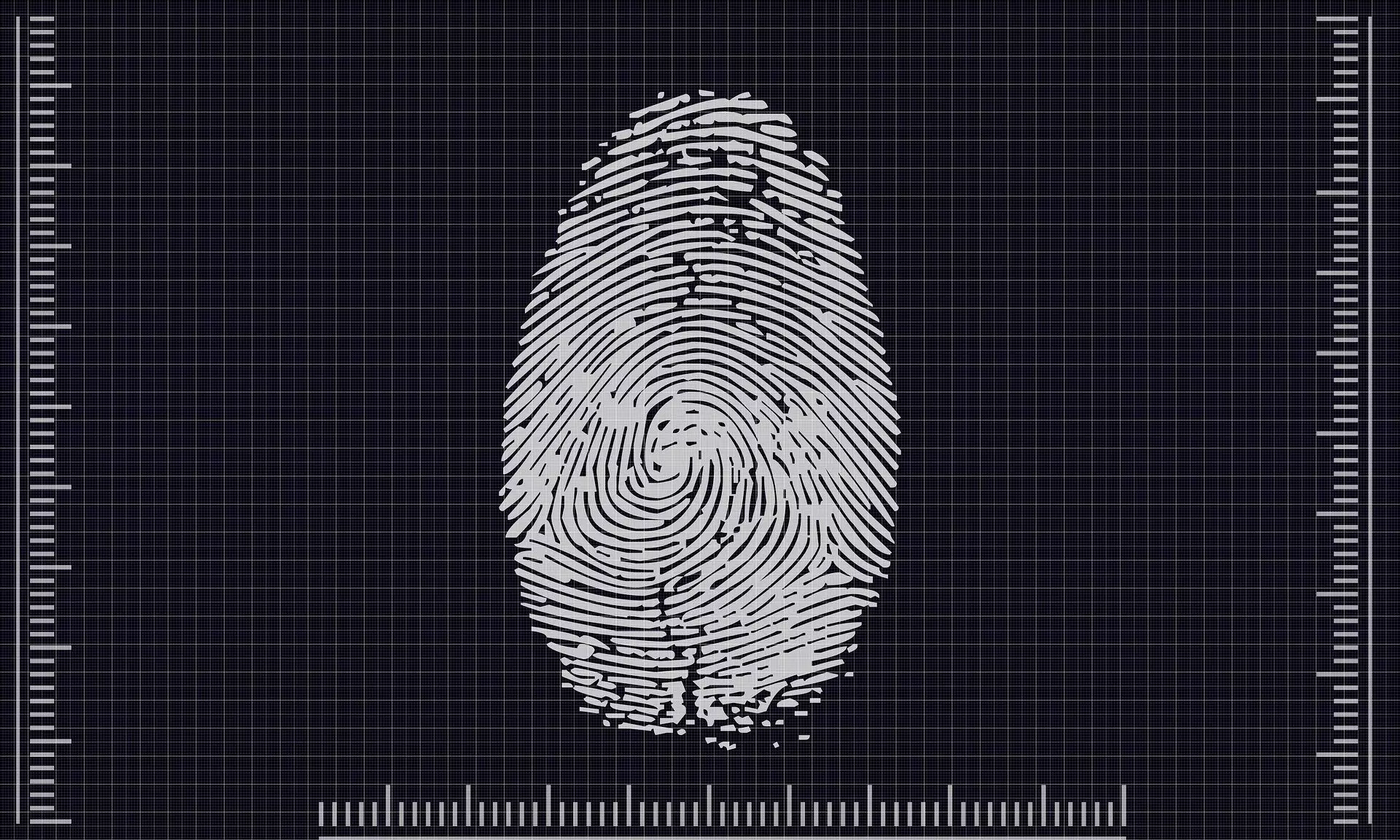In a recent development, the fundraising software company Blackbaud has agreed to pay a whopping $49.5 million to settle the claims brought against them by the attorneys general of all 50 states. The settlement is related to a significant data breach that occurred in 2020, exposing sensitive information from 13,000 nonprofits. While this seems like a substantial penalty, it is important to critically analyze the details of the settlement and Blackbaud’s actions throughout the incident.
The Scope of the Breach
The breached data included health information, Social Security numbers, and financial information of donors or clients associated with the nonprofits, universities, hospitals, and religious organizations that Blackbaud serves. These institutions trust Blackbaud with their valuable data, making this breach even more concerning. With over a million files exposed, the magnitude of the incident cannot be ignored.
One of the primary concerns surrounding Blackbaud’s response to the breach is the delay in publicly acknowledging the incident. It took the company several days after the breach occurred to make an official statement. Furthermore, when they did admit to the breach, they downplayed the extent and sensitivity of the stolen information. This lack of transparency raises questions about Blackbaud’s commitment to protecting the data they are entrusted with.
Blackbaud’s decision to pay a ransom to the intruder in exchange for deleting the data is deeply concerning. This action sets a dangerous precedent and incentivizes hackers to target organizations in the hope of extorting money in the future. It is essential for companies to take a firm stance against such practices to discourage hackers and protect their customers’ information.
Data Security Practices
The settlement agreement requires Blackbaud to strengthen its data security practices. While this is a step in the right direction, it should not have taken a massive data breach and legal action for the company to recognize the need for improved security measures. Customers and stakeholders expect their data to be safeguarded at all times, and Blackbaud must prioritize proactive security measures to prevent future breaches.
Perhaps one of the most disappointing aspects of the settlement is that Blackbaud did not admit any wrongdoing. The company, despite the severity of the breach and subsequent legal actions, has avoided taking responsibility for its failure to protect sensitive data adequately. This lack of accountability diminishes the trust that customers and the public place in the company.
The Blackbaud data breach settlement raises significant concerns about the company’s handling of the incident and its commitment to data security. While the financial penalty is substantial, it is essential to hold organizations accountable not just through monetary fines but also by demanding transparent communication, proactive security measures, and admission of responsibility when breaches occur. Only through such comprehensive actions can we hope to minimize the occurrence of data breaches and protect the sensitive information of individuals and institutions.


Leave a Reply